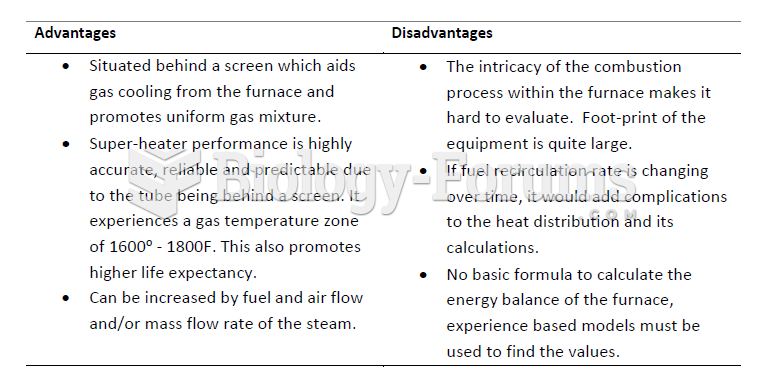|
|
|
Eat fiber! A diet high in fiber can help lower cholesterol levels by as much as 10%.
Patients who cannot swallow may receive nutrition via a parenteral route—usually, a catheter is inserted through the chest into a large vein going into the heart.
In the United States, an estimated 50 million unnecessary antibiotics are prescribed for viral respiratory infections.
Cancer has been around as long as humankind, but only in the second half of the twentieth century did the number of cancer cases explode.
Cocaine was isolated in 1860 and first used as a local anesthetic in 1884. Its first clinical use was by Sigmund Freud to wean a patient from morphine addiction. The fictional character Sherlock Holmes was supposed to be addicted to cocaine by injection.







